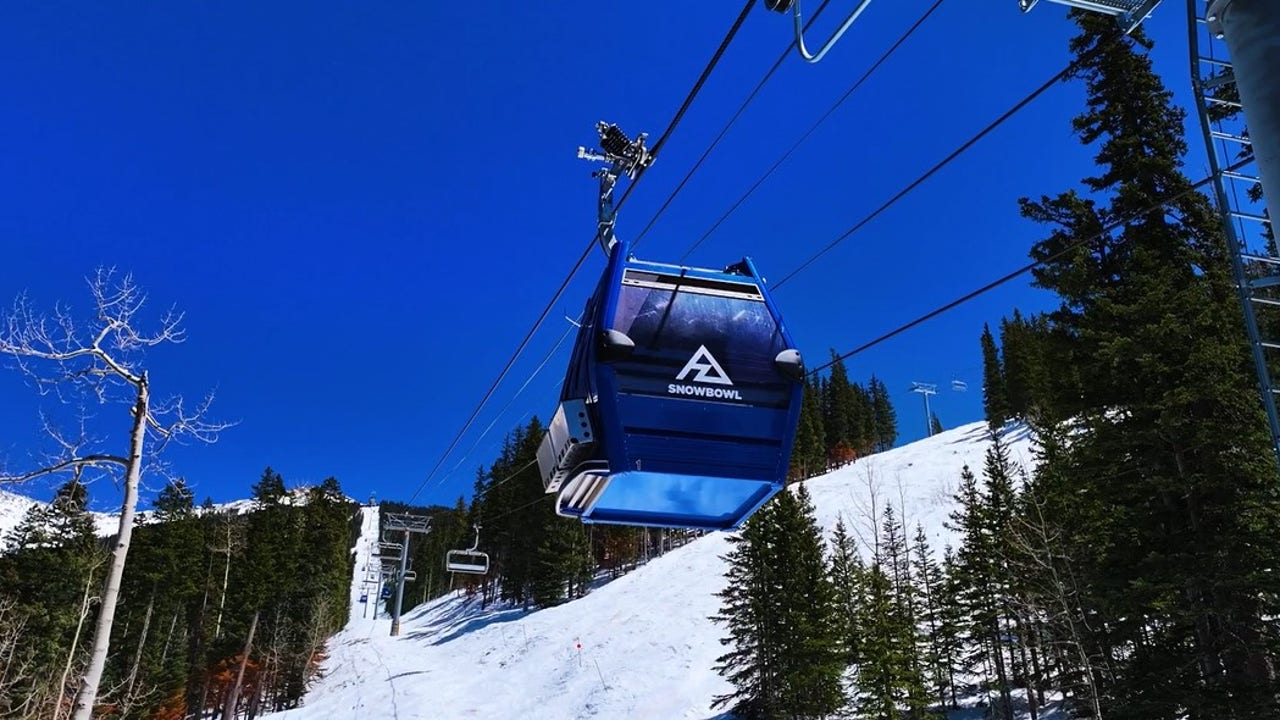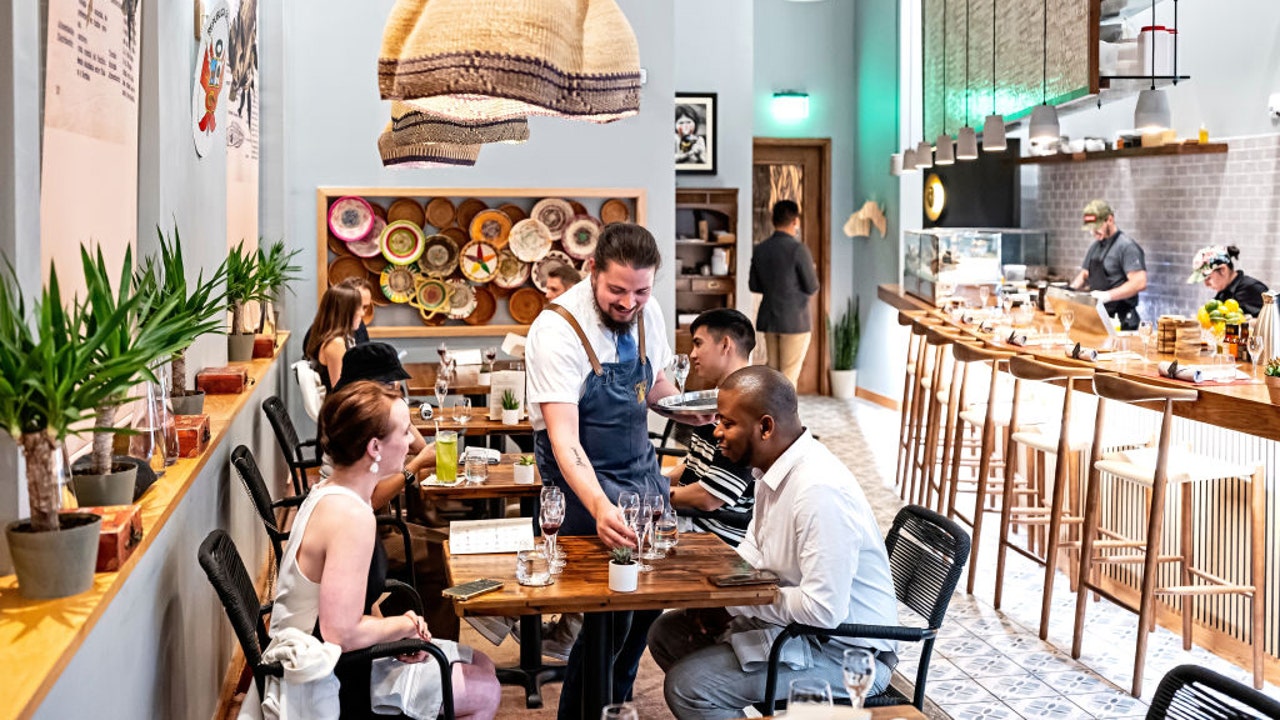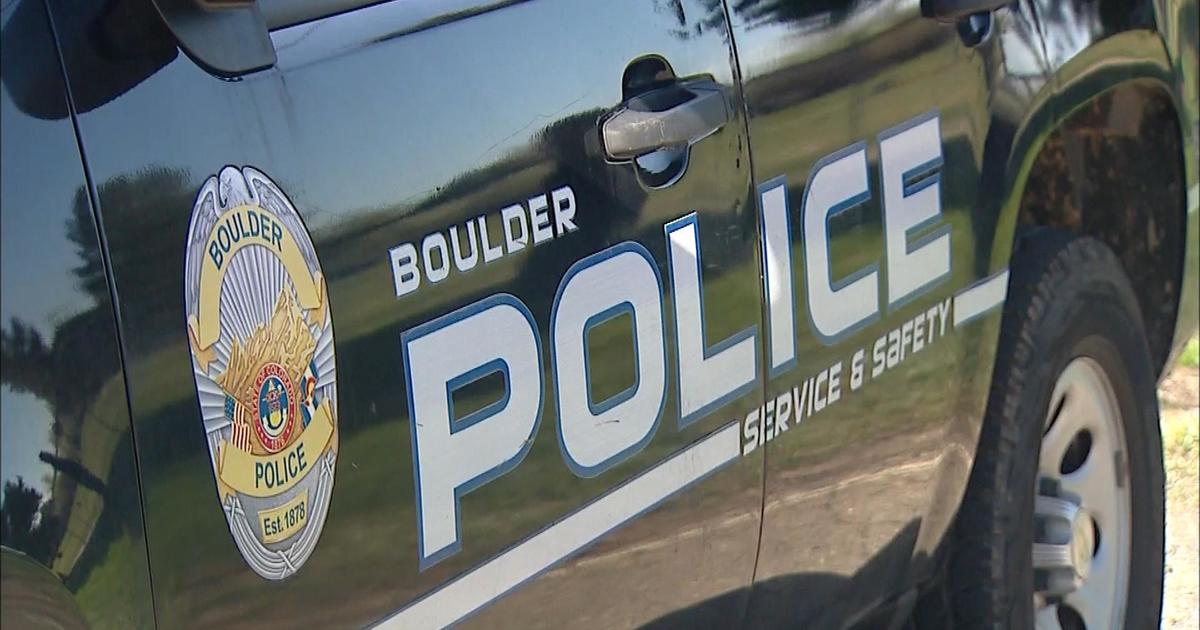Dallas, TX
Should Dallas make a 'historic' $82 million housing investment? Voters will decide

Early voting for the May 4 election starts Monday and Dallas residents will have the chance to weigh in on a $1.25 billion bond package. It includes what would be a record investment in affordable housing in the city if voters approve it.
Three of the 10 bond propositions include housing-related funds — Propositions G, H and I — that total about $82 million in housing-related funds, about 7% of the total bond package.
“This gives us an opportunity to be innovative. This is very historic for our city,” said Council Member Adam Bazaldua.
A coalition of businesses, nonprofits, faith leaders and activists spent months advocating for a far greater investment: $200 million for affordable housing and another $35 million for homeless housing and shelter.
While the final bond package includes much less than that, Ashley Brundage, Executive Director of Housing Stability at the United Way of Metropolitan Dallas who helped lead the Dallas Housing Coalition, says that the bond funds will help.
“Housing affordability is impacting every single one of us, so by creating more units, creating more affordability, housing more people that are experiencing homelessness, it helps all of us,” Brundage said. “So I think it’s really important to do that, to go out and vote yes.”
Dallas has a shortage of more than 33,000 affordable rental units, according to a Child Poverty Action Lab study. That shortage could more than double by 2030, putting stress on more middle-income Dallasites.
Homeownership has moved out of reach for many middle-class residents in a lot of the city as home prices spiked during the pandemic and stayed high.
There are a lot of misconceptions of what affordable housing looks like and who it is for, Brundage said. These days, she said new subsidized housing is built into mixed-income developments that include market-rate units alongside subsidized, lower-cost ones. It takes the form of apartment complexes, duplexes and triplexes, condos, town homes and detached single family homes.
“Affordability is not your rundown apartment complex that everybody pictures in their minds because that’s what we see on movies,” she said.
The funds, if approved, would likely serve middle- and lower-income residents, whether that’s subsidizing some apartments in a new luxury building so that waiters or day care workers can afford to move in, or helping teachers and firefighters buy a brand new home near the school or fire station where they work.
Christopher Connelly
/
KERA News
The bond proposals include two prongs to getting more affordable housing onto the market.
About half of Proposition G, which covers economic development projects, is directed toward housing. The $36.6 million would be used to help developers finance projects that include some affordable units. Essentially, if a developer is going to build an apartment complex or a new subdivision, they could apply for these city funds. In exchange, they’d price some of the apartments or houses below market rate.
Then there’s $26.4 million in Proposition H — the housing proposition — that will pay for infrastructure upgrades that make it less expensive for a developer to build on a site, and then the developer will sell or rent some of those homes to folks who couldn’t otherwise afford them.
Bazaldua said using bond money to make expensive infrastructure investments is especially important in much of southern Dallas, where redlining and disinvestment have led to greater infrastructure needs.
“It’s very hard for us to have an expectation for builders to bring these products to an affordable price range if we’re expecting them to fabricate an entire new street system or water infrastructure,” Bazaldua said.
The third housing-related proposition, Prop I, is focused on reducing homelessness. It’d pay to upgrade the Bridge homeless shelter, and put at least $6.7 million dollars into long-term supportive housing for unhoused people moving into apartments of their own.
The bond proposals aren’t without their critics, though.
Taxpayers will pay about $51 million in interest if the full $1.25 billion bond package gets approved, and a lot of people don’t like that. Passing the bond measures won’t increase taxes, though.
Council Member Cara Mendelsohn came out against the housing bond proposition specifically and said she’s not endorsing the funding for economic development and homelessness. She said the city should use other programs and funding sources to address the city’s housing needs.
“We have more than a dozen housing development tools at our disposal that don’t require directly taxing our residents. Some are federal and state programs, city tax abatements, density bonuses and use of the Dallas Housing Finance Corp., which can issue bonds repaid by the rent received on the units,” Mendelsohn wrote in a Dallas Morning-News editorial.
But advocates say those programs aren’t enough to meet the city’s growing housing needs on their own, and the bond investment will help fill the gaps.
They also point out that the Austin, Denton, Houston and San Antonio have all used bond funds to build new housing or help people repair their homes. Fort Worth is considering it for a 2026 bond.
Brundage points out that bond money for affordable housing function a bit differently than other bond funds. Instead of the city covering the entire cost of building a new house or apartment complex like it would pay for a new fire station, the bond funds would act as a force multiplier that attracts private investment.
One study of Austin’s bond programs found that developers spent roughly $6 in private funds for every $1 of city bond funds.
Got a tip? Christopher Connelly is KERA’s One Crisis Away Reporter, exploring life on the financial edge. Email Christopher at cconnelly@kera.org.You can follow Christopher on Twitter @hithisischris.
KERA News is made possible through the generosity of our members. If you find this reporting valuable, consider making a tax-deductible gift today. Thank you.

Dallas, TX
Los Angeles Clippers vs. Dallas Mavericks: How to watch NBA online, TV channel, live stream info, start time
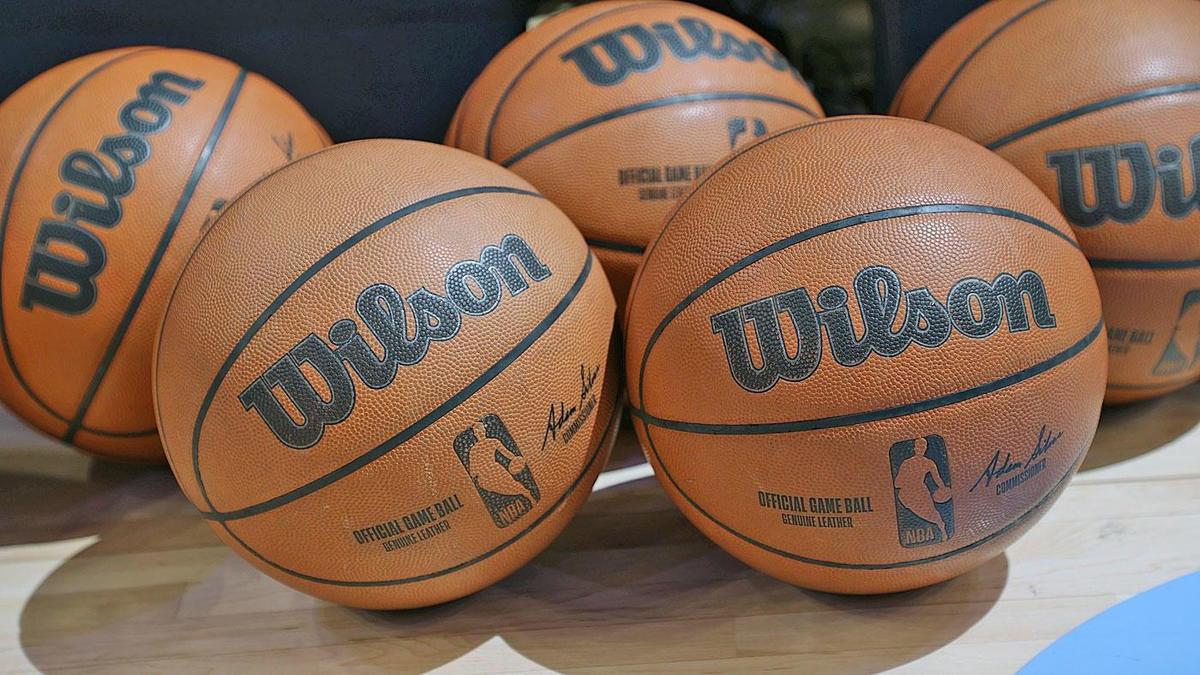
Who’s Playing
Dallas Mavericks @ Los Angeles Clippers
Regular Season Records: Dallas 50-32, Los Angeles 51-31
Current Series Standings: Dallas 2, Los Angeles 2
How To Watch
- When: Wednesday, May 1, 2024 at 10 p.m. ET
- Where: Crypto.com Arena — Los Angeles, California
- TV: TNT
- Follow: CBS Sports App
- Ticket Cost: $89.00
What to Know
On Wednesday, the Dallas Mavericks will fight it out against the Los Angeles Clippers in a Western Conference playoff contest at 10:00 p.m. ET at Crypto.com Arena. Despite being away, the Mavericks are looking at a three-point advantage in the spread.
While the experts predicted the Mavericks would be headed into the game after a victory, that’s not how things played out against the Clippers on Sunday. The Mavericks took a 116-111 hit to the loss column at the hands of the Clippers.
Despite the loss, the Mavericks had strong showings from Kyrie Irving, who scored 40 points along with seven rebounds and five assists, and Luka Doncic, who dropped a triple-double on 29 points, ten rebounds, and ten assists. Doncic had some trouble finding his footing against the Clippers on Friday, so this was a step in the right direction.
Even though they lost, the Mavericks smashed the offensive glass and finished the game with 14 offensive rebounds. They easily outclassed their opponents in that department as the Clippers only pulled down five.
The two teams are all tied up in their series so far, with two wins each. Check back here after the game to see who wins this pivotal Game 5 matchup.
Odds
Dallas is a 3-point favorite against Los Angeles, according to the latest NBA odds.
The line on this game has moved quite a bit since it opened, as it started out with the Clippers as a 1-point favorite.
The oddsmakers are predicting a defensive showdown and set the over/under low at 208 points.
See NBA picks for every single game, including this one, from SportsLine’s advanced computer model. Get picks now.
Series History
Los Angeles has won 6 out of their last 10 games against Dallas.
- Apr 28, 2024 – Los Angeles 116 vs. Dallas 111
- Apr 26, 2024 – Dallas 101 vs. Los Angeles 90
- Apr 23, 2024 – Dallas 96 vs. Los Angeles 93
- Apr 21, 2024 – Los Angeles 109 vs. Dallas 97
- Dec 20, 2023 – Los Angeles 120 vs. Dallas 111
- Nov 25, 2023 – Los Angeles 107 vs. Dallas 88
- Nov 10, 2023 – Dallas 144 vs. Los Angeles 126
- Feb 08, 2023 – Dallas 110 vs. Los Angeles 104
- Jan 22, 2023 – Los Angeles 112 vs. Dallas 98
- Jan 10, 2023 – Los Angeles 113 vs. Dallas 101
Dallas, TX
In Dallas, Even the Sidewalks Are for Sale
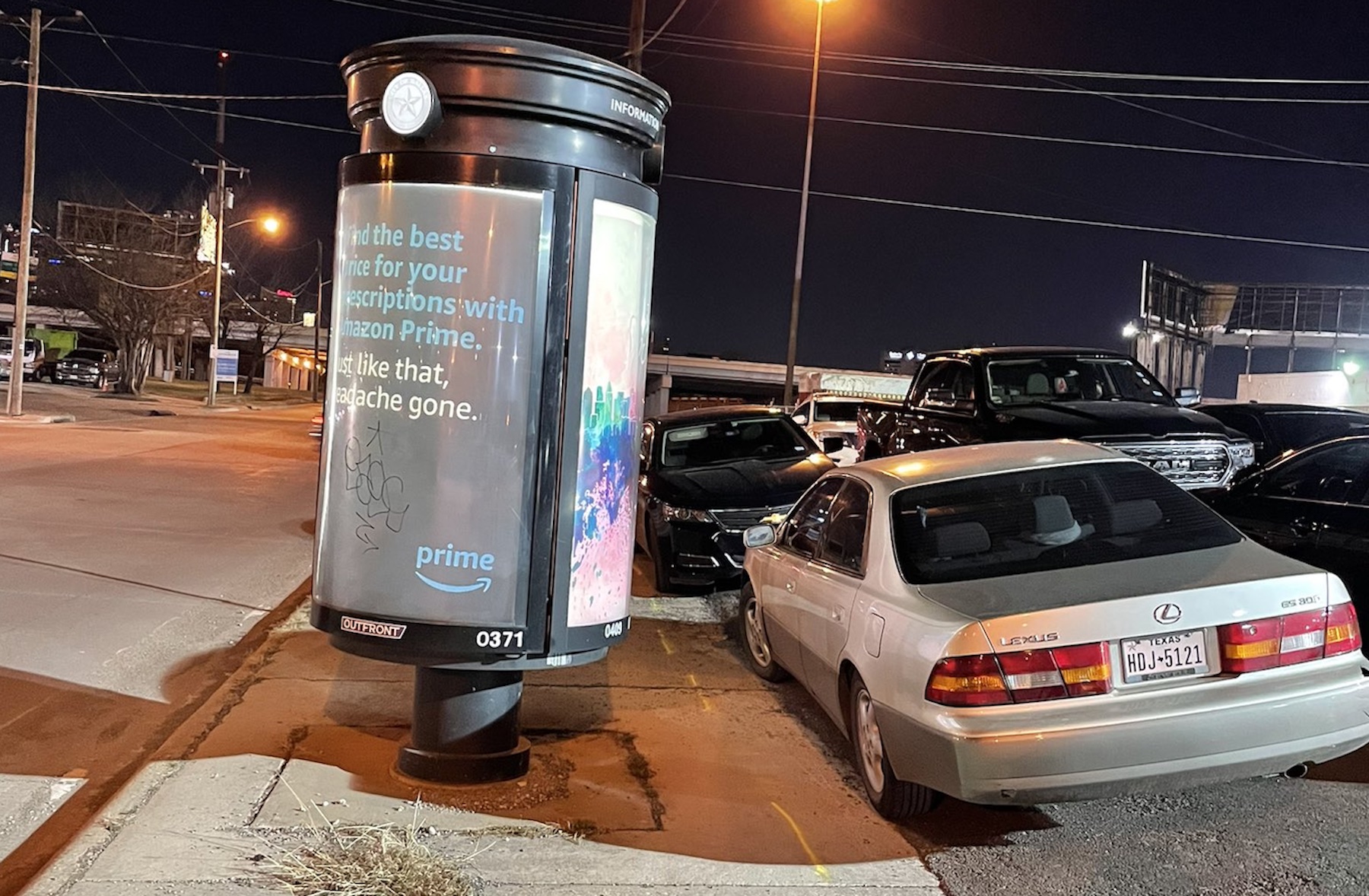
The city of Dallas once again wants to monetize its sidewalks. Later today, the Dallas City Council will be briefed on a plan to enter into a contract in June with a company that will plant interactive digital kiosks in downtown and other neighborhoods, likely on sidewalks. The vendor would make money from advertising and share the revenue with the city for permission to use Dallas’ right of way.
We’ve been through this before. There are 137 bulbous kiosks presently jutting out into walking paths all over the city, from downtown up to Forest Lane. The City Council unanimously approved them in 2005 and by the next year, then Mayor Laura Miller was complaining about the “giant spaceship[s]” on our public sidewalks. Whoops! Today, 18 years since their installation, some slump and lean. The plastic that covers the ad has turned scratched and cloudy, a decent canvas for quick graffiti. Some of them were placed, as the image above these words shows, right where people walk. The city can’t pull them up until 2026, when the existing contract expires.
I suppose it’s important to note that the kiosks the City Council will learn about today are not exactly like the tubes that we’ve learned to live with. They’re sleeker, about 8 feet tall and 3 feet wide, compared to the 6-foot-tall, 4-foot-deep stubs that don’t do much other than show you an Amazon Prime ad. The new ones will have wifi. They can provide directions and highlight events and other amenities. Some can have EV charging, which might work near parks. The presentation also lists such unbelievably vague and nebulous benefits as, in the city’s words, “limitless innovation” that promises “development of state-of-the-art content and features.”
So they’re like a bunch of really big, static smartphones that we may or may not have to dodge as we’re walking to work. And we’ll have them by the World Cup! And when the World Cup leaves, we’ll still have them.
Since 2006, the city has made $16.7 million from the kiosk program, which sort of sounds like the municipal version of a low-yield savings account. There are many people who don’t think the potential revenue is worth the risk of worsening our already subpar pedestrian infrastructure. Too, the Department of Public Works didn’t ask for public input before putting the matter out to bid. Downtown businesses, already frustrated by the existing obstacle course of kiosks, raised a stink. In February, the City Council ordered public works to pull the bid and hold a couple of listening sessions, which concluded this week.
They did not find much support for the idea.
“This plan has been met with overwhelming opposition from stakeholders throughout the greater Downtown area who say there is no appetite for more urban sidewalk obstructions,” said Jennifer Scripps, the executive director of Downtown Dallas Inc. Her concerns were echoed by Councilmember Paul Ridley, whose district includes downtown, Uptown, and portions of East Dallas. DDI on Tuesday night sent a letter to Council urging them to deny issuing another Request for Proposals. (The RFP is the formal name for the bid.)
Stephanie Hudiburg, the executive director of the Deep Ellum Foundation, pointed to the special purpose sign district ordinance that explicitly bans digital displays and signage in the neighborhood just east of downtown. (The foundation hasn’t submitted an official stance to the city, but it seems like they got ahead of the issue.)
“A large part of the intent behind that particular rule was to preclude digital kiosks, which city staff can attest to,” she wrote in an email. “As a historic district, our stakeholders prioritized an analog vs. digital aesthetic as most fitting to Deep Ellum.”
The city’s own presentation lists a litany of concerns: impeding walkability, violating ADA, vehicular distractions, “negative aesthetic,” and potential for vandalism. The two pros include public safety additions like emergency call buttons and cameras, and the promotional aspect of “showcasing local businesses.”
Intentional or not, the RFP appears tailored for an Ohio-based vendor called IKE Smart City, LLC. (That stands for Interactive Kiosk Experience.) Dallas employees identified 18 other cities that have entered into agreements with the company, each of which makes sure to say that their 8-foot-tall kiosks are “multilingual” and “ADA-compliant.” The city wants to move quickly. It is asking Council for permission to reissue the RFP in May and approve it by June.
During a briefing last May, Hatefi could not say how many are being proposed or where they might be located. That would get worked out in the contract. Too, the city doesn’t seem to know how much revenue this might bring in. We do know the revenue is tied to selling ads, so Hatefi expected they would be placed near “the most advantageous locations that their advertising could generate revenue.” Which likely means in places where people are walking. (And 20 percent of them will be in “equity zones” defined by the city.)
City records show that registered lobbyist Randall Bryant organized at least two meetings in 2022 with Assistant City Manager Robert Perez on behalf of IKE Smart City. There was also a phone call with City Councilmember Tennell Atkins that same year. (Bryant didn’t respond to questions.)
There are scenarios where these can work. Dallas Area Rapid Transit has installed more than 300 digital kiosks near some of its bus and rail stations, which are set aside and deliver status updates to riders. The kiosks being considered by the city of Dallas are clearly intended for tourists. Maybe they work around Fair Park, as Councilmember Adam Bazaldua has suggested, or the Southern Gateway Deck Park once it opens. Klyde Warren, the Farmers Market, the future convention center—sure, maybe, but they shouldn’t be in sidewalks.
You can probably walk outside your office right now and find an example of why.
Author

Matt Goodman
View Profile
Matt Goodman is the online editorial director for D Magazine. He’s written about a surgeon who killed, a man who…
Dallas, TX
Coming together to support the Dallas bond package

This 2024 Dallas bond package is the culmination of more than a year of work and tens of thousands of hours of discussion on critical infrastructure that will strengthen our entire city.
The $1.25 billion bond package divided into 10 bond propositions now in front of voters is the result of input from 90 volunteers who diligently served on the Community Bond Task Force and task force subcommittees, dedicated city staff and hundreds of Dallas residents who took time to share their thoughts on what our communities need.
We believe voters should support this package because each of the 10 propositions will provide equitable solutions to infrastructure needs that will lead to an increased quality of life across our entire city — a big reason why The Dallas Morning News has already recommended voting “yes” on all 10 bond propositions. But for those who might still be on the fence, here are a few more reasons you should cast your vote in support of each of the propositions in the bond package.
First, this bond package is about funding infrastructure basics. About half of the total bond amount will be used to improve our streets and sidewalks. That means fewer potholes and smoother commutes and improved walkability across the entire city. In addition, these bonds will fund investment in critical flood protection and storm drainage systems that will literally keep neighborhoods above water, saving property and people’s lives.
This bond package will also be an investment in green infrastructure and will provide for a historic, equitable investment in parks, trails and green spaces. With voter approval, $345 million will be directed to parks and trails projects across the city, helping more residents share in the vision of having a neighborhood green space within a 10-minute walk of home. These dollars will also support transformational green projects like the Five Mile Creek Greenbelt, which will add 17 miles of trails and three signature parks to some of Dallas’ most historically underserved communities. Voter support of this investment will allow residents access to the many health and wellness benefits that close-to-home parks access can provide, and it’s why The Dallas Morning News said the parks proposition was “a generational investment in our health.”
Other critical projects that stand to benefit from the passage of the bond include the construction of a Law Enforcement Training Center at UNT Dallas that will help Dallas attract the best officers and train them in 21st century police strategies. Bond funds will help maintain our city-owned art and culture facilities, protecting valuable assets and historic works while allowing our arts community to entertain residents and draw visitors from around the world. The funds will allow for affordable housing infrastructure that will support workforce development, economic growth and stronger communities.
This broad array of projects is worthy of voter support on their own. But what’s critical to note is that supporting the bond package will allow for multiple opportunities to access matching funds from federal and philanthropic grants and private donations that will substantially magnify the scope and impact of the projects. The Dallas Zoo, the Dallas Museum of Art, and the Law Enforcement Training Center at UNT Dallas are just a few examples of public-private partnerships where bond approval will trigger access to private funding that is three, four or even five times greater than the bond allocation. Approval of the bond package is key to tapping into these additional investment dollars that will support our world-class facilities and amenities.
In addition, the bond program is a great way to invest in our city infrastructure without raising taxes. These general obligation bonds provide Dallas with the needed tool to fund capital improvements that cannot otherwise be funded from the city’s annual operations budget. Voting for the bond will authorize the city to issue bonds up to the amount indicated for each proposition to fund capital improvement without an increase to the current tax rate. This level of investment in maintaining and improving our infrastructure is also key to attracting residents and economic growth.
Election Day is Saturday, May 4. Please join with neighbors across our city to support stronger basics and better quality of life for all of Dallas. Vote “yes” on all 10 propositions — let’s do this together, for Dallas.
Arun Agarwal is the CEO of Nextt, a Dallas-based textile company, president of the Dallas Park and Recreation Board and served as chair of the Community Bond Task Force. Ambassador Jeanne Johnson Phillips is an American businesswoman and diplomat who served as U.S. ambassador to the Organisation for Economic Co-operation and Development from 2001 to 2003. She also serves as conveying co-chair of the 2024 Dallas Bond Campaign. Tim Powers serves as senior counsel at the Dallas office of Haynes and Boone. He also serves as conveying co-chair of 2024 Dallas Bond Campaign.
We welcome your thoughts in a letter to the editor. See the guidelines and submit your letter here. If you have problems with the form, you can submit via email at letters@dallasnews.com
-

 Education1 week ago
Education1 week agoVideo: Dozens of Yale Students Arrested as Campus Protests Spread
-

 World6 days ago
World6 days agoHaiti Prime Minister Ariel Henry resigns, transitional council takes power
-

 News1 week ago
News1 week agoLarry Webb’s deathbed confession solves 2000 cold case murder of Susan and Natasha Carter, 10, whose remains were found hours after he died
-

 Politics1 week ago
Politics1 week agoFetterman hammers 'a–hole' anti-Israel protesters, slams own party for response to Iranian attack: 'Crazy'
-

 World1 week ago
World1 week agoPeriod poverty still a problem within the EU despite tax breaks
-

 World1 week ago
World1 week agoUS secretly sent long-range ATACMS weapons to Ukraine
-

 News6 days ago
News6 days agoFirst cargo ship passes through new channel since Baltimore bridge collapse
-

 World1 week ago
World1 week agoTurkey’s Erdogan meets Iraq PM for talks on water, security and trade
